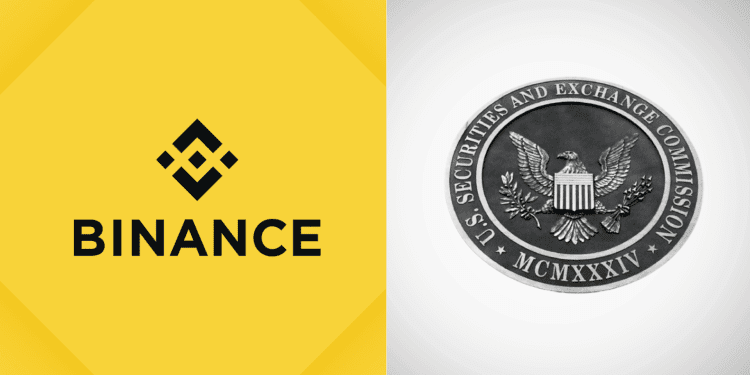- The SEC sued Binance and its former CEO last June, accusing the exchange of lying to customers, failing to restrict U.S. investors, misdirecting funds, and operating as an unregistered exchange. The SEC also said 12 tokens on Binance’s platform were securities.
- A major focus of the court hearing was debating whether tokens meet the Howey Test’s definition of a security. The SEC argued continuous promotion of tokens and related services creates reasonable profit expectations for buyers.
- The judge’s line of questioning and reactions could preview how she will ultimately rule on the case. Her decision could have major impacts on the ability of exchanges to list tokens in the U.S.
The largest cryptocurrency exchange in the world, Binance, faced off against the Securities and Exchange Commission (SEC) in court this week. At issue is whether certain tokens traded on Binance’s platform should be considered securities and fall under the SEC’s regulation. Both sides were met with intense questioning from the judge about how to interpret the Howey Test, the criteria used to determine if an asset is a security.
The Lawsuit
The SEC sued Binance and its former CEO Changpeng Zhao last June. The regulator accused the exchange of lying to customers, failing to restrict U.S. investors, misdirecting funds, and operating as an unregistered exchange. The SEC also said 12 tokens on Binance’s platform were securities, including BNB and BUSD.
Debating the Howey Test
A major focus of the hearing was debating whether tokens meet the Howey Test’s definition of a security. Binance’s lawyers argued an actual contract is required, but the judge disagreed, saying case law shows the statute was meant to be interpreted broadly. The SEC said continuous promotion of tokens and related services creates reasonable profit expectations for buyers.
Secondary Market Sales
Binance claimed secondary token sales on its platform don’t pool funds for investment, but the SEC argued securities carry their status through any sale. The SEC said BUSD was sold as a package with yield-earning services, similar to the TerraUSD stablecoin deemed a security in the Terra case.
Major Questions Doctrine
Crypto firms cite the “major questions” doctrine, arguing Congress must clearly authorize agencies making rules with major national impact. Binance claimed that applied here, but the judge was unconvinced. She said although crypto is a large industry, this case does not meet the narrow circumstances outlined in precedent.
Conclusion
The court hearing represented an important battle between regulators and exchanges over how to classify crypto assets. The judge’s line of questioning and reactions to both sides’ arguments could preview how she will ultimately rule on the case. Her decision could have far-reaching impacts on the ability of exchanges to list tokens in the U.S.














